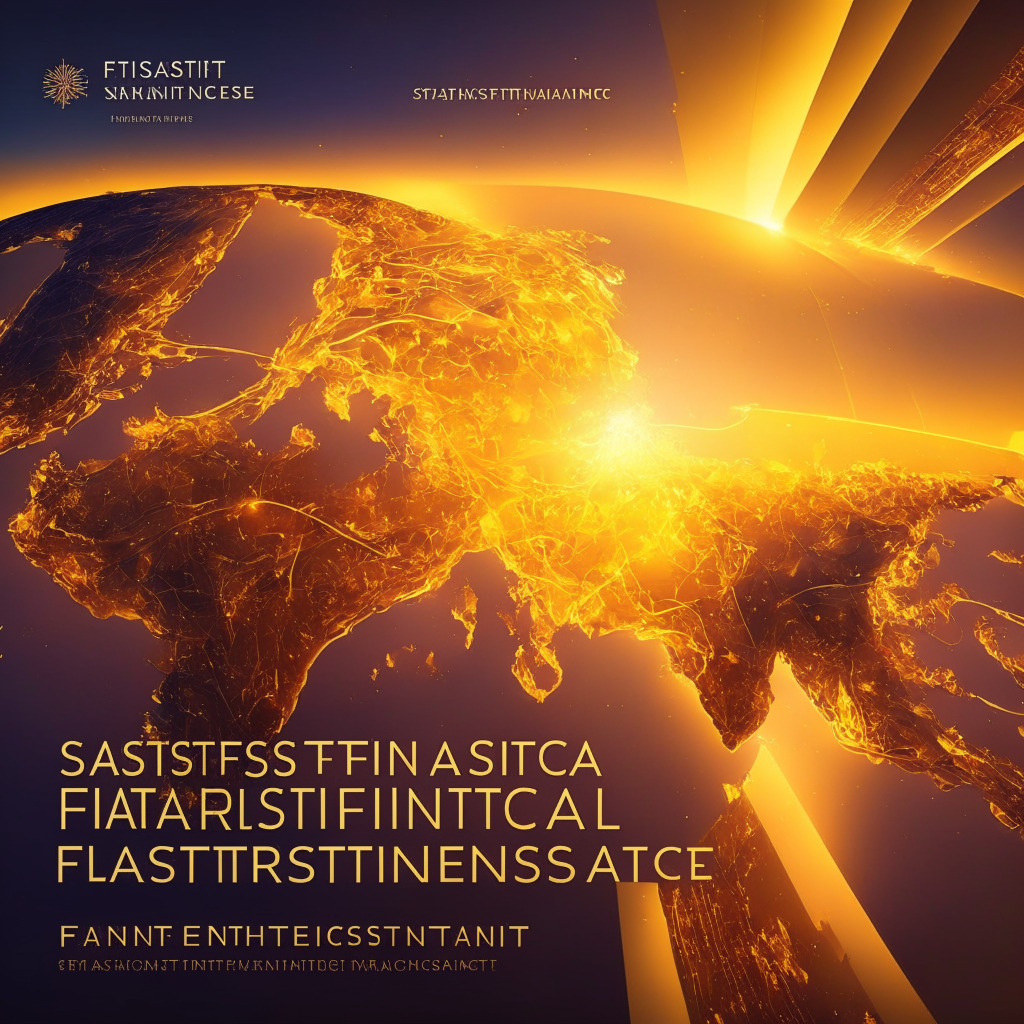The International Organization of Securities Commissions (IOSCO) recently initiated the process for public comment on policy recommendations for crypto and digital asset markets. These recommendations touch on various topics such as market abuse, conflict of interest, client asset protection, and disclosures. The IOSCO, an international forum that unites securities regulators from around 130 countries, created a Fintech Task Force (FTF) last year in order to establish a regulatory agenda for both fintech and cryptocurrency industries.
The FTF, overseen by the Monetary Authority of Singapore, consists of 27 board member jurisdictions out of 33. Two working groups connected to the FTF are tasked with producing recommendations relating to specific areas of the digital asset ecosystem. One group, led by the UK’s Financial Conduct Authority, focuses on crypto assets, while the other, directed by the U.S. Securities and Exchange Commission, examines decentralized finance (DeFi).
Recent events have fueled the call for stricter crypto regulations from global standard-setters. In particular, the collapse of stablecoin issuer Terra and crypto exchange FTX last year have highlighted the need for increased oversight and regulation in the industry. Last week, the international financial crimes watchdog FATF urged the Group of Seven (G-7) advanced economies to lead in the implementation of its recommended norms for preventing money laundering.
Jean-Paul Servais, the chairperson of IOSCO, stressed the need to put an end to the regulatory uncertainty surrounding crypto activities in a statement to the press. He stated that the current consultation paper, which received unanimous support from the IOSCO Board, is the result of rigorous regulatory risk analysis, information sharing, and capacity building. As the G-7 Finance Ministers and Central Bank communiqué on 13 May noted, the time has come for crypto activities to be more clearly defined and regulated.
Looking ahead, the Financial Stability Board is set to release recommendations for stablecoins later this year. Additionally, upcoming global crypto regulations will be based on a joint FSB and International Monetary Fund synthesis paper.
This initiative by the IOSCO is a significant step towards establishing a more secure and regulated environment for the digital asset industry. While there is a clear need for these guidelines in order to protect investors and prevent illicit activities, some may argue that overregulation could potentially stifle innovation and hinder the rapid growth of this emerging sector. Nonetheless, it is evident that regulatory clarity is crucial for the continued development and legitimacy of crypto assets and decentralized finance.
Source: Coindesk




